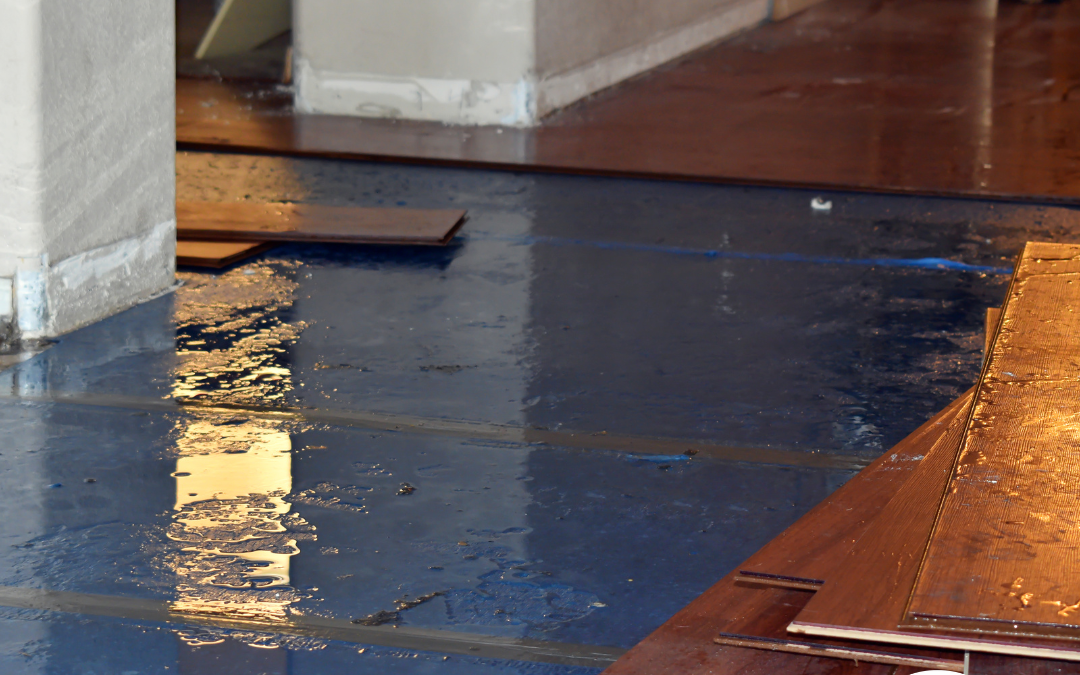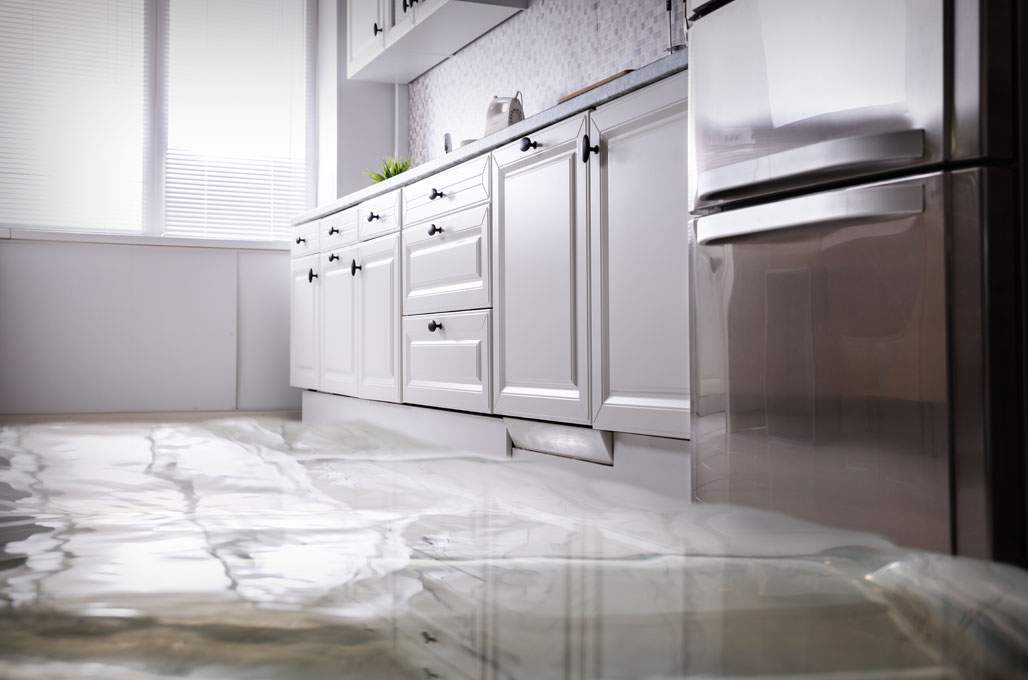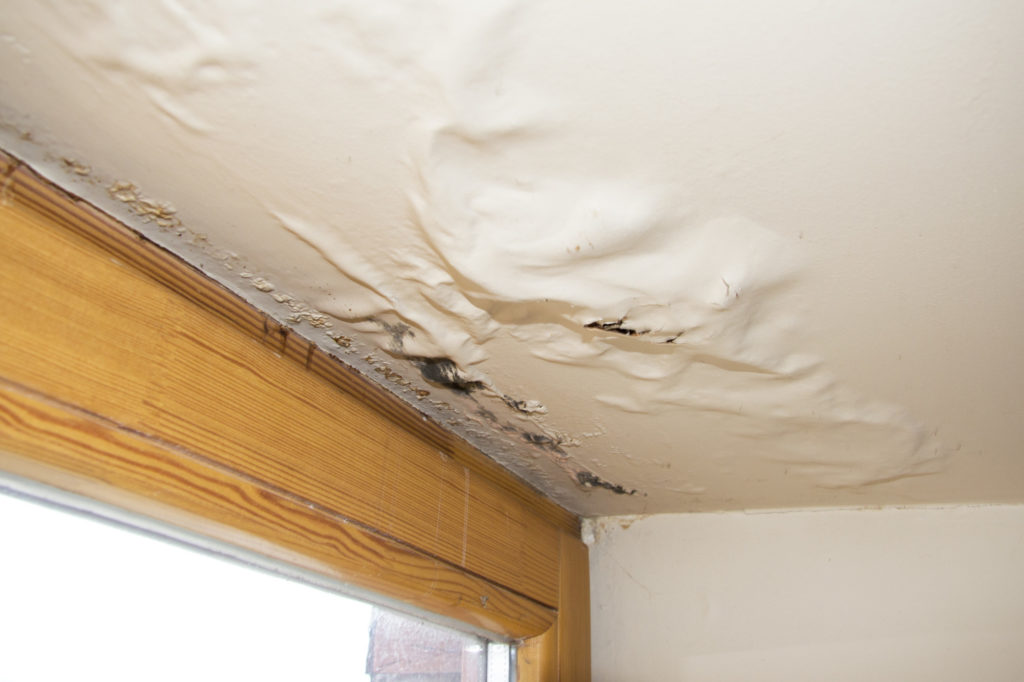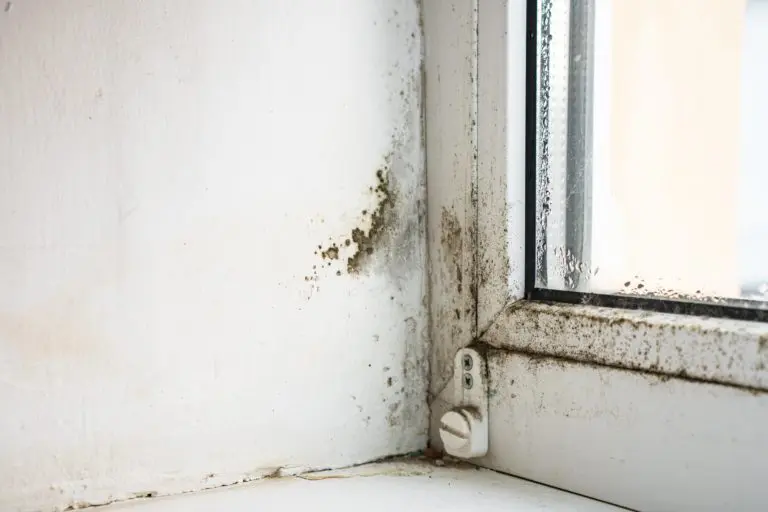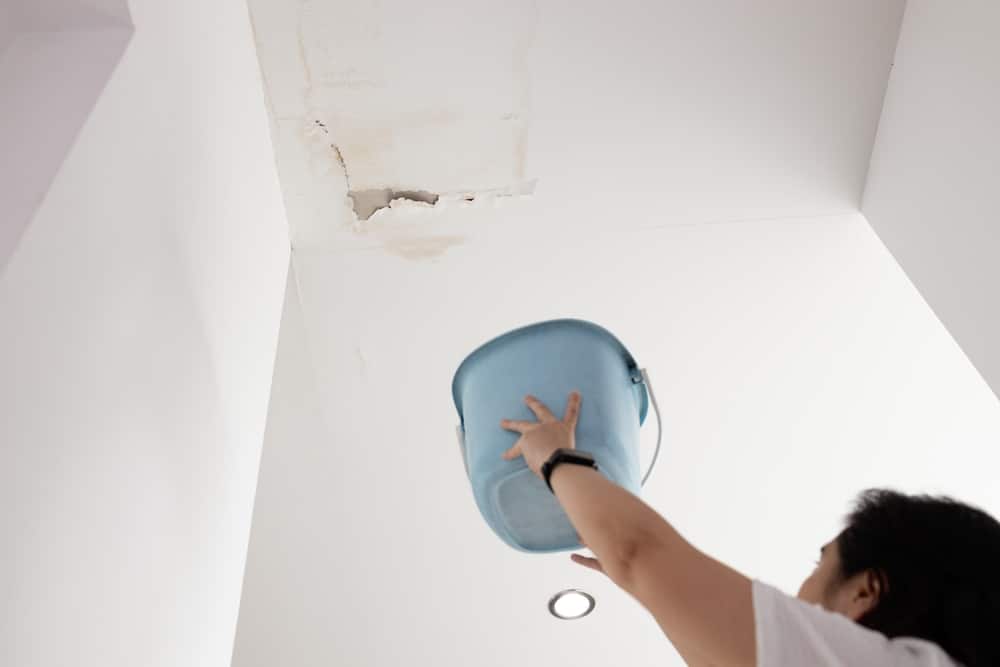In todays technologically advanced world, ensuring your home is equipped with the latest safety devices is essential. One such device thats crucial for home safety is the water alarm. But having this device is only half the battle; understanding how to test water alarms is equally important. Testing these alarms regularly ensures they function correctly and can alert you to potential water leaks, preventing costly damage.

Understanding Water Alarms
Water alarms are devices designed to detect the presence of water in areas where it shouldnt be. They are typically placed near appliances like water heaters, sump pumps, or in basements where leaks might occur. When water is detected, the alarm emits a loud sound, alerting homeowners to take immediate action.
Why Testing is Crucial
Regular testing of water alarms ensures that the device is operational and can effectively alert you in the event of a water leak. Its a proactive measure to prevent extensive water damage, which can be both expensive and inconvenient.
Steps on How to Test Water Alarms
Step 1: Gather Necessary Tools
Before starting the test, gather the basic tools youll need. This typically includes a small cup of water, a cloth, and the instruction manual of your specific water alarm model.
Step 2: Locate the Alarm
Identify where your water alarms are installed. They are usually placed in areas prone to water leaks, such as near washing machines, dishwashers, water heaters, and basements.
Step 3: Perform the Water Test
Gently pour a small amount of water near the sensor of the alarm. If the alarm is functional, it should emit a loud sound, indicating the presence of water. This sound is your confirmation that the water alarm is working correctly.
Step 4: Dry the Sensor
Once the test is complete, use a cloth to dry the sensor thoroughly. Leaving it wet could lead to false alarms or damage to the device.
Step 5: Check the Battery
Ensure that the battery is in good condition. Most water alarms are battery-operated, and a weak battery might not provide sufficient power for the alarm to function properly. Consider replacing the battery if its been in use for an extended period.
Additional Tips for Home Safety
While testing your water alarms, consider other steps to enhance your homes safety. Regularly inspect plumbing for leaks, ensure gutter systems are clear, and consider investing in smart home technology for real-time alerts. For more tips, visit monitoring your home.
Integrating Smart Technology
Incorporating smart technology can enhance the effectiveness of your water alarms. Many modern devices can connect to your smartphone, providing real-time alerts and allowing you to respond quickly to potential issues.
Maintaining Your Water Alarm
Regular maintenance can extend the life of your water alarms. Clean the sensors regularly and ensure the device is free from dust and debris. This maintenance can help prevent false alarms and ensure accurate detection of water leaks.

FAQs
How often should I test my water alarm?
Its recommended to test your water alarms every six months to ensure they are functioning properly.
What should I do if my water alarm doesnt sound during testing?
If your water alarm doesnt sound, check the battery and ensure the sensor is clean and dry. If it still doesnt work, consider consulting the manufacturer or replacing the device.
Can water alarms prevent all water damage?
While water alarms are effective in alerting you to leaks, they are part of a broader water damage prevention strategy. Regular home maintenance and inspections are crucial.
For more information on protecting your home from water damage, consider checking out resources like ways to protect your home and water damage prevention tips.
This article contains affiliate links. We may earn a commission at no extra cost to you.


